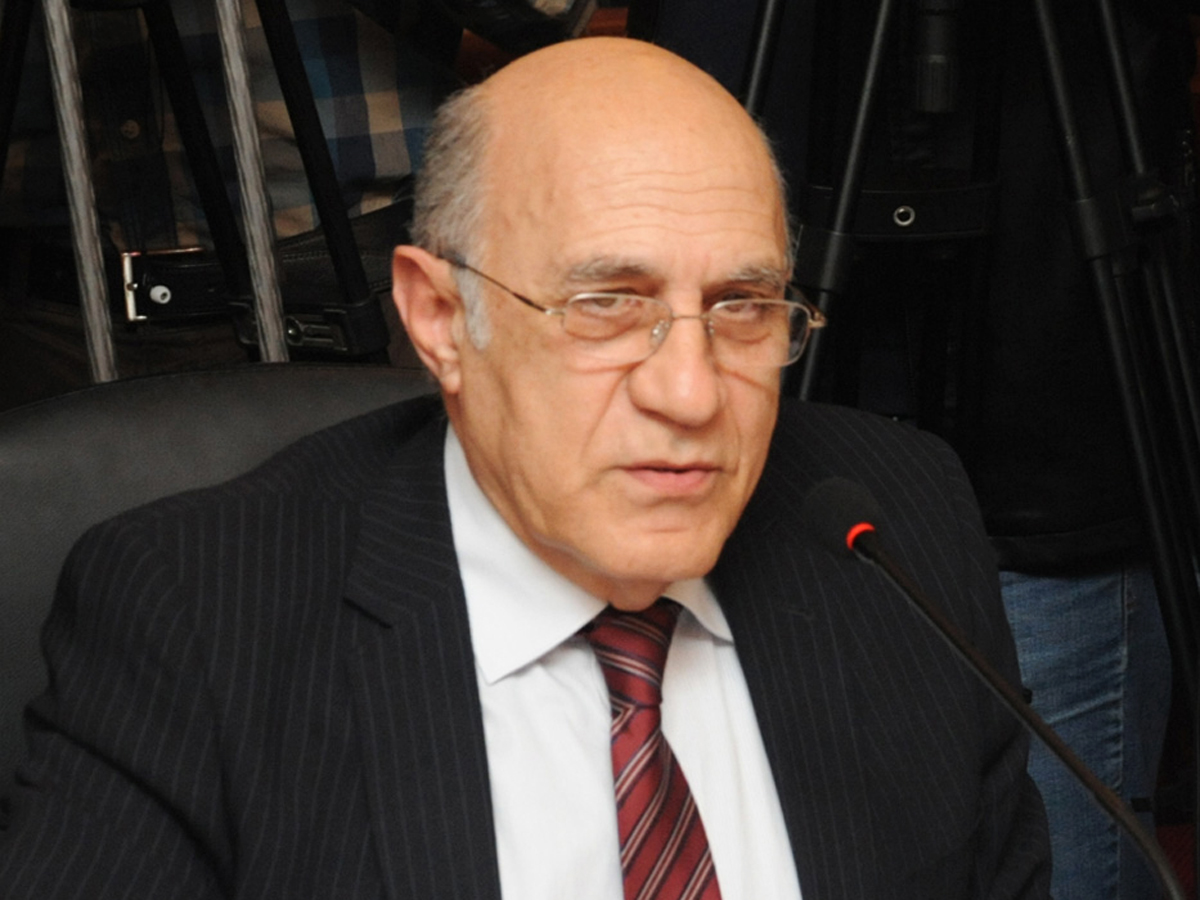Baku, Azerbaijan, Dec. 3
By Matanat Nasibova – Trend:
The OSCE Minsk Group co-chairs must be more active in forcing Armenia into holding substantive negotiations with Azerbaijan for the problem to be resolved through a constructive dialogue of the sides, well-known Azerbaijani political analyst, former diplomat Fikret Sadikhov told Trend.
Sadikhov was commenting on the upcoming meeting of Azerbaijani and Armenian ministers mediated by co-chairs of the OSCE Minsk Group.
Azerbaijani Foreign Minister Elmar Mammadyarov and Acting Armenian Foreign Minister Zohrab Mnatsakanyan mediated by the OSCE Minsk Group co-chairs (Igor Popov of the Russian Federation, Stephane Visconti of France and Andrew Schofer of the US) will meet on December 5 on the sidelines of the 25th OSCE Ministerial Council in Milan.
Personal Representative of the OSCE Chairperson-in-Office Andrzej Kasprzyk will also participate in the meeting devoted to the discussion of the negotiation process on the settlement of the Armenia-Azerbaijan Nagorno-Karabakh conflict.
“One of the reasons for the stagnation in the negotiation process is the crisis of the OSCE Minsk Group format, which for many years has demonstrated passivity in a mediation mission in the Nagorno-Karabakh conflict settlement,” Sadikhov said.
"None of the mediating countries in the OSCE Minsk Group format shows sufficient activity in the negotiation process,” Sadikhov said. “The results of visits of international mediators to the region, in particular to Armenia, Azerbaijan and the occupied Nagorno-Karabakh region testify to that.”
“None of the mediating countries exert sufficient pressure on Armenia to force it to implement the resolutions of the UN Security Council,” he said. “I think that along with calls for the need for holding substantive negotiations, international mediators must come up with a specific package of proposals aimed at resolving the conflict.”
The conflict between the two South Caucasus countries began in 1988 when Armenia made territorial claims against Azerbaijan. As a result of the ensuing war, in 1992 Armenian armed forces occupied 20 percent of Azerbaijan, including the Nagorno-Karabakh region and seven surrounding districts.
The 1994 ceasefire agreement was followed by peace negotiations. Armenia has not yet implemented four UN Security Council resolutions on withdrawal of its armed forces from the Nagorno-Karabakh and the surrounding districts.
---
Follow the author on Twitter: @MatanatNasibova






